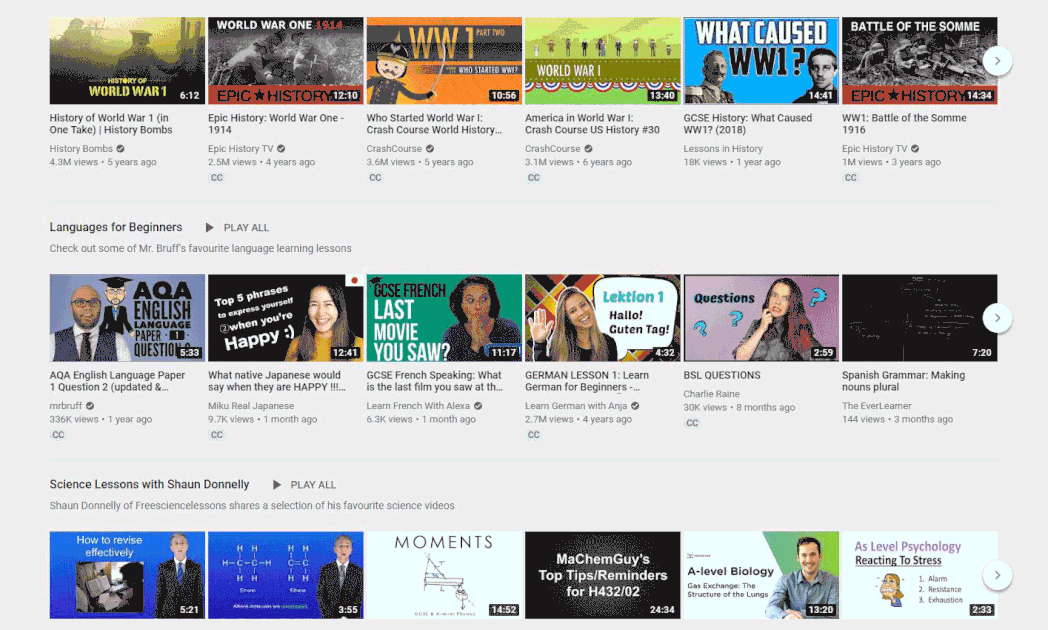Navigating the web while observing hijab - 2 minutes read
 In elementary school, my Islamic studies teacher told us to protect our gaze. I never understood what it really meant until I grew older and became more comfortable navigating the internet. In Islam, we maintain hijab proactively, not reactively. For example, for a man not to view a woman lustfully, she maintains modesty in what she wears as well as in her mannerisms. (It's also important to note that modesty applies to men as much as women.)
In elementary school, my Islamic studies teacher told us to protect our gaze. I never understood what it really meant until I grew older and became more comfortable navigating the internet. In Islam, we maintain hijab proactively, not reactively. For example, for a man not to view a woman lustfully, she maintains modesty in what she wears as well as in her mannerisms. (It's also important to note that modesty applies to men as much as women.)Even before social distancing began, I spent at least 50 hours on the internet each week, working remotely as an associate campaign director for nonprofit MomsRising. At the same time, I completed my entire master’s degree in social impact online, too.
On the internet, we have access to whatever we want, whenever we want. But at the same time,we should be free to choose what not to see.
Engadget
There’s a wide array of technological tools for Muslims. There is a zakat calculator which helps to identify how much Muslims should be contributing annually to those in need. Another is SalamWeb, a browser tailored to Muslims.
The solution I use is a simple browser extension. There are several, like Block image, which prevent website images from loading, but Tahir (meaning “pure” in Arabic) was made with the particular intention of avoiding the impermissible, or haram in Arabic. By default, all images are blurred and you opt to view the ones you want.
“This makes it so that your experience of the web is free of any provocative, graphic and distracting images,” said founders Ammar and Ibn Adam, by email. They declined use their full because they wanted this endeavor to be “for the sake of God,” without garnering fame.
Source: Engadget
Powered by NewsAPI.org